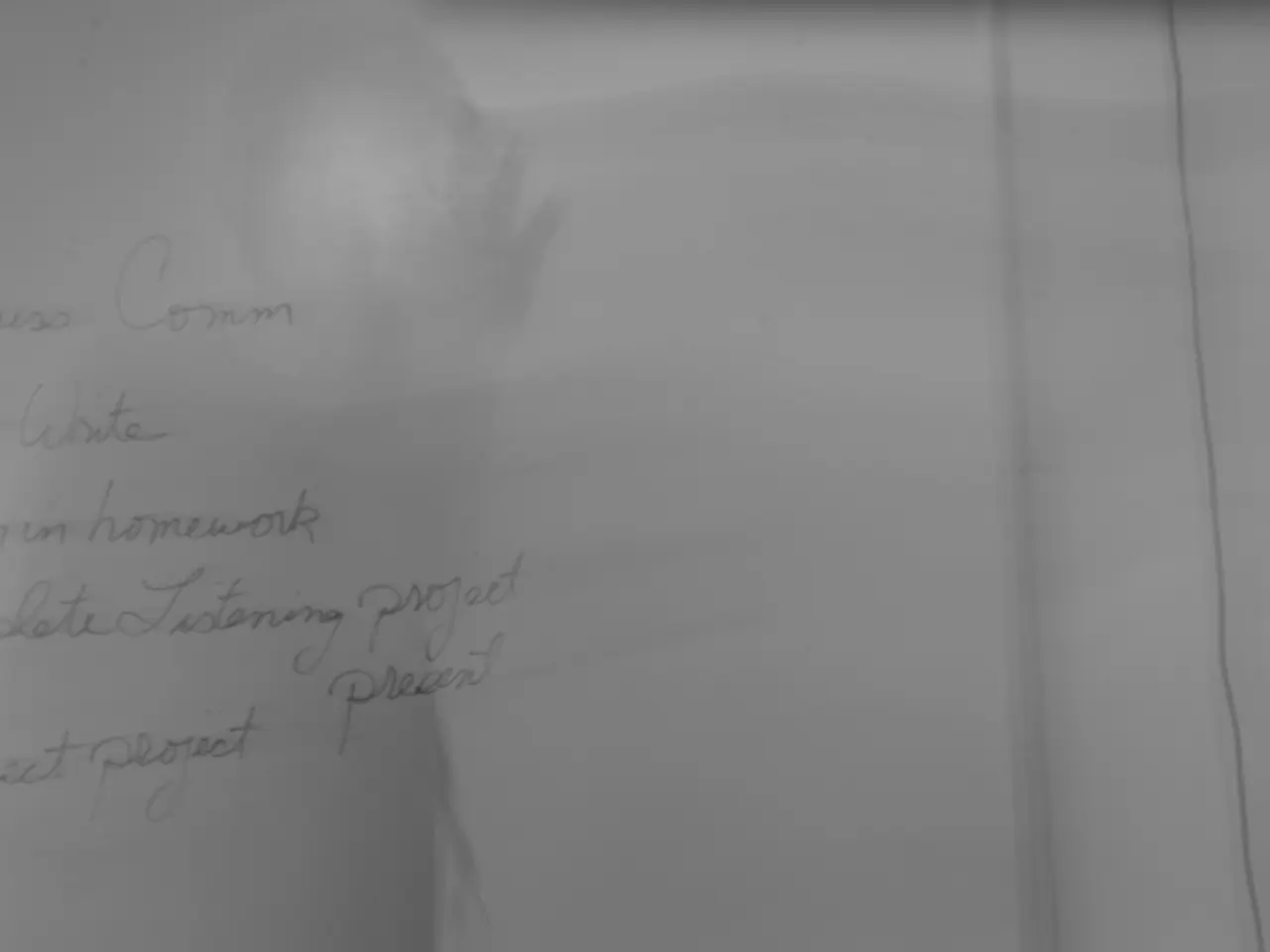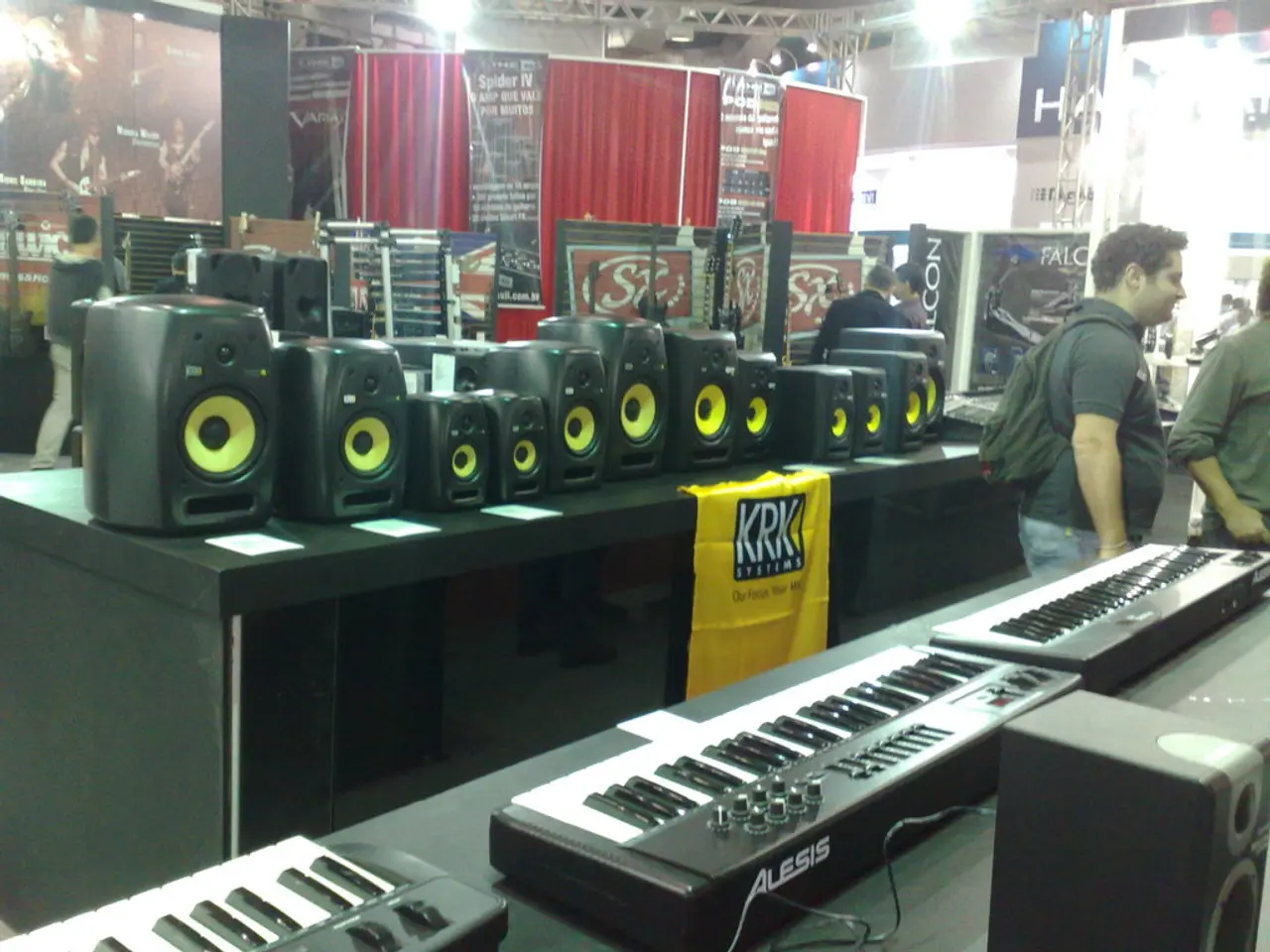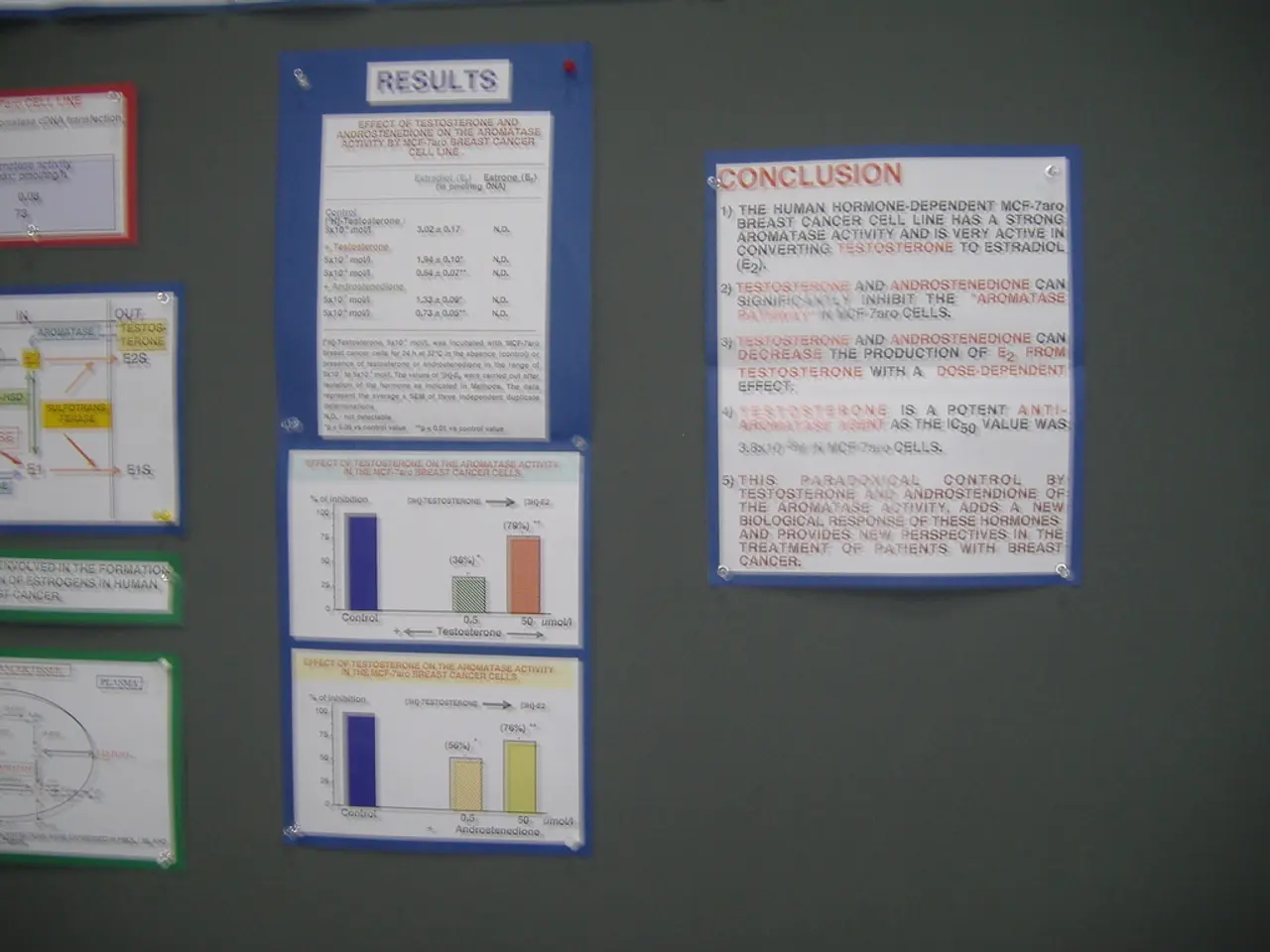U.S. Tariffs Unfazed, Toyota Stays Resolute on Home Production Strategy
In a financial results briefing last month, Toyota's leadership, including President Koji Sato and Executive Vice President Yoichi Miyazaki, addressed the impact of the U.S. tariffs recently imposed on automotive goods. The tariffs, which took effect in April 2025, have caused uncertainty in the industry.
Toyota's response strategy hinges on raising prices as necessary, boosting U.S. production to reduce tariff exposure, maintaining operational flexibility, and engaging with policymakers to navigate the evolving trade environment. They view tariffs as a cost to the industry but emphasise resilience and adaptation in their future plans.
The company has raised U.S. vehicle prices by over $200 per unit in response to the 25% Section 232 tariffs on Japanese automobiles. This move illustrates the tangible cost impact on their product pricing. In response to these tariffs, Toyota is accelerating plans to increase U.S. assembly of popular SUVs and trucks, aiming to circumvent tariff costs by boosting domestic production.
Toyota's leaders assure reporters that they will not make "knee-jerk reactions" to tariffs. Instead, they emphasise the importance of being nimble amid fluctuating trade policies, focusing on staying the course while selectively being flexible to adjust plans as needed. This approach entails quickening internal communication and coordination across departments to react promptly to changes.
The company insists that pricing changes are part of normal pricing reviews, not solely tariff-driven, showing an effort to manage customer perception amid the tariff-related challenges. Discussions involving Toyota leadership and political figures have been held to address the future of the auto industry under these trade conditions, reflecting strategic engagement beyond just operational adjustments.
In the short term, Toyota will explore measures such as adjusting deliveries to adapt to the U.S. tariffs. For FY2026, Toyota forecasts sales of 2.94 million vehicles in North America, up more than 200,000 from the past year's results, due to a return to full production and fulfilling back orders.
Toyota has tentatively factored in the estimated impact of the U.S. tariffs for April and May 2025 (180 billion yen). Vice President Miyazaki stated that Toyota will adjust pricing for vehicles based on competition and actual demand. When asked about Toyota's stance towards suppliers, Miyazaki stated that they will engage each company on an individual basis to discuss potential adjustments or cost-reduction measures.
In the longer term, Toyota plans to develop and manufacture products locally, tailored to U.S. customers. Toyota remains committed to its "best in town" philosophy, with corporate activities rooted in the areas where it does business. Despite the challenges posed by the tariffs, Toyota's sales volume in the U.S. market has swelled through March and April, but Miyazaki expects a potential downturn.
Toyota's export volume to the United States is approximately 500,000 vehicles. No new standalone facts were provided regarding shifting manufacturing to the United States. President Sato reiterated Toyota's commitment to domestic production in Japan. Toyota does not plan to pass on the tariff burden through vehicle prices.
[1] https://www.toyota-global.com/newsroom/stories/toyota-to-raise-us-vehicle-prices-in-response-to-tariffs-on-japanese-automotive-products/ [2] https://www.reuters.com/business/autos-transportation/exclusive-toyota-to-discuss-us-tariffs-with-political-leaders-2021-04-14/ [3] https://www.autonews.com/international-news/toyota-to-raise-u-s-vehicle-prices-by-200-per-unit-to-offset-tariffs [4] https://www.toyota-global.com/newsroom/stories/toyota-to-accelerate-u-s-assembly-of-popular-suvs-and-trucks-to-reduce-tariff-costs/
- Despite the challenges, Toyota continues to prioritize the automotive industry and finance, focusing on maintaining operational flexibility, engaging with policymakers, and fostering resilience, as demonstrated by their tariff response strategy.
- In response to tariffs on Japanese automobiles, Toyota has taken steps within the transportation sector, raising prices and boosting U.S. production, while also managing the cost impact on product pricing and navigating the evolving trade environment.




